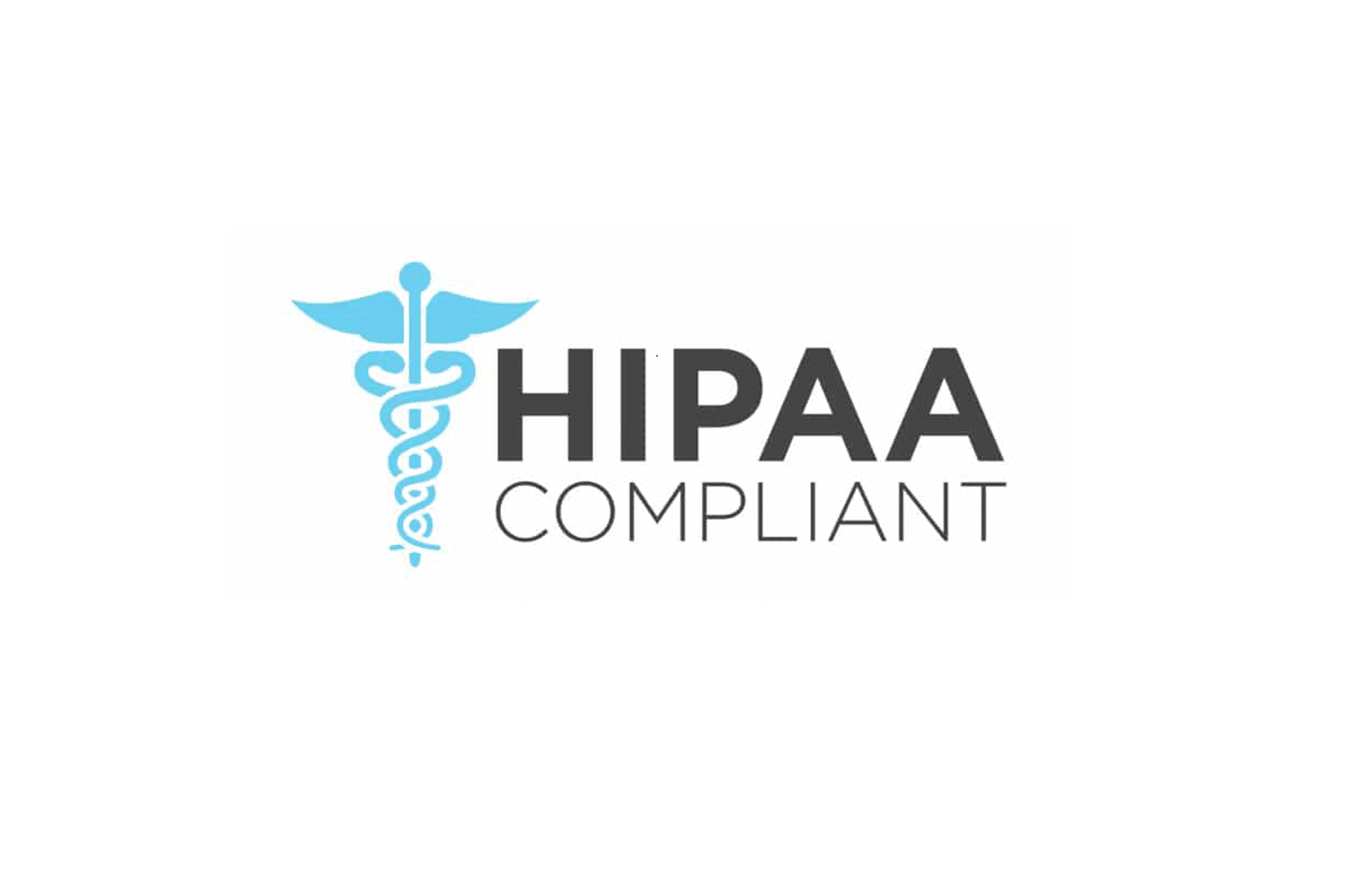A dental practice website is like every other website, right? Wrong! Dental websites face unique requirements due to the HIPAA Privacy Rule, which includes updates from the past few years. Many dentists juggle busy schedules and inadvertently ignore compliance, but it only takes one complaint and violation to cause sleepless nights and costly fines. If you’re building a new website or haven’t updated your existing site in a few years, your new digital real estate must meet the HIPAA rules. It’s also an ideal time to incorporate updated American Disabilities Act requirements.
Understanding HIPAA’s Impact on Dental Websites
The HIPAA Privacy Rule mandates safeguarding electronic Protected Health Information (ePHI) by anyone who accesses or handles it. This requirement includes data such as patient photos, identifiable markings, or any digital information that could identify a patient. The law requires compliance with HIPAA regulations, but it’s also a fundamental aspect of patient care and their right to privacy.
When you’re busy running a dental practice, website compliance may seem daunting, but you can meet the requirements by building safeguards into your underlying structure and systems. You can ensure compliance by understanding the essential requirements and partnering with dental industry experts who incorporate proactive measures. Let’s quickly review how HIPAA identifies your responsibilities as a Covered Entity and how you must relate with Business Associates.
Identifying Covered Entities and Business Associates
HIPAA outlines that covered entities and business associates play distinct roles in protecting patient information. Covered entities, such as dental practices, are directly responsible for patient care and must uphold HIPAA standards. Business associates are not directly interacting with patients but may have access to patient health information. Therefore, they must sign a Business Associate Agreement (BAA) with the Covered Entities they conduct business with.
Understanding the Obligations of Covered Entities
While the HIPAA compliance requirements may seem stringent, they prioritize patient privacy and data security. It’s vital to remember who bears the burden of responsibility for HIPAA compliance.
When your CPA files your taxes, they don’t pay IRS fines if you’re audited; you’re ultimately responsible for the filing even though you didn’t prepare it. It’s a similar concept with your website: The covered entity is responsible for ensuring their website is HIPAA compliant even if you didn’t build it personally. If your website is under the scrutiny of HIPAA enforcement, you won’t be able to blame your website designer or developer.
Many dentists contract with website builders, vendors, and hosting services that don’t understand the complexity of HIPAA law. Method Pro’s dental industry team knows what dental practice websites need to keep you out of trouble.
Is Your Dental Website Collecting PHI?
While you understand who answers any HIPAA violation notice, you may need help understanding the various vulnerable portals. Any source of data collection from patients bears a risk of a breakdown. Examples of collection would be:
- Live chat
- Online patient forms
- Contact forms
- Patient portals
- Plugins
Evolving innovations impacting websites create new challenges in today’s world. For example, many dental practices understand the consumer demand for Live Chat features and include them on their websites. You may not know where the PHI gathered in chat session is stored: on your website or with your website hosting company. If your website designer understood the law and used a HIPAA-compliant live chat system, the information shared in the session would be encrypted. If not, you’re taking a significant risk, and the responsibility falls on your business.
Appointment request forms are standard features for prospective patients to find. However, the form must be HIPAA compliant, and all of the information submitted may be collected in an encrypted format.
Dental Practice Website Compliance: Non-Negotiable
Today’s world isn’t getting any easier to navigate with sharp increases in security breaches, website malware, and dark players looking for new opportunities. The cost of a breach or HIPAA violation goes far beyond the dollars and cents, although that can result in fines that cost tens of thousands of dollars. Your dental practice website is operating 24/7, presenting multiple risks. To ensure that you’re in compliance, check the functionality of your website and make sure that any software and plugins that come in contact with PHI are HIPAA compliant. If you’re unsure, reach out to the Method Pro team for a review and suggestions to meet HIPAA law.
Next month, we’ll cover Part 2 of this critical topic. Look for our article Top 5 Violations of Dental Website Compliance: A Checklist.
Contact Us To Discuss Your Website Compliance Here (CTA Button)

